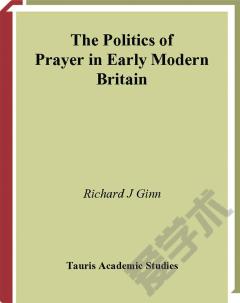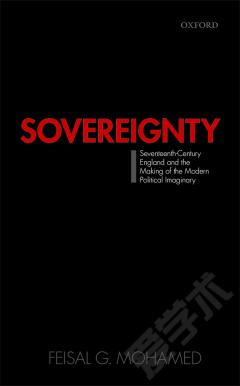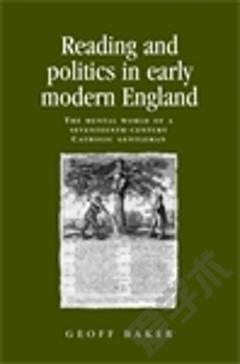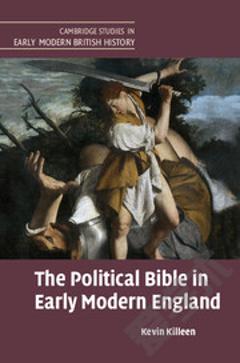The Politics of Prayer in Early Modern Britain —— Church and State in Seventeenth-century England
----- 近代英国祈祷政治:十七世纪英格兰的教会与国家
Prayer was regarded as an essential arm of the State and even a method of 'thought control' in early modern England. In the seventeenth Century, the period covered by Richard Ginn's study, Common Prayer dominated people's everyday lives at a national level, in communities and congregations, as well as privately in households. Ginn demonstrates how prayer represented the search for pattern, order and purpose in and between these different layers of society in a period when England was struggling to come to terms with political and social turbulence, rocked by the violence of the Civil War, unease over the Commonwealth and the uncertainties of the Restoration. Ginn argues that the importance of Prayer as a stabilizing force during these times of instability cannot be underestimated; it fostered a sense of national identity, an integrating principle at a vulnerable time for England, putting the social order in a greater context under a sovereign God.
{{comment.content}}








 京公网安备 11010802027623号
京公网安备 11010802027623号